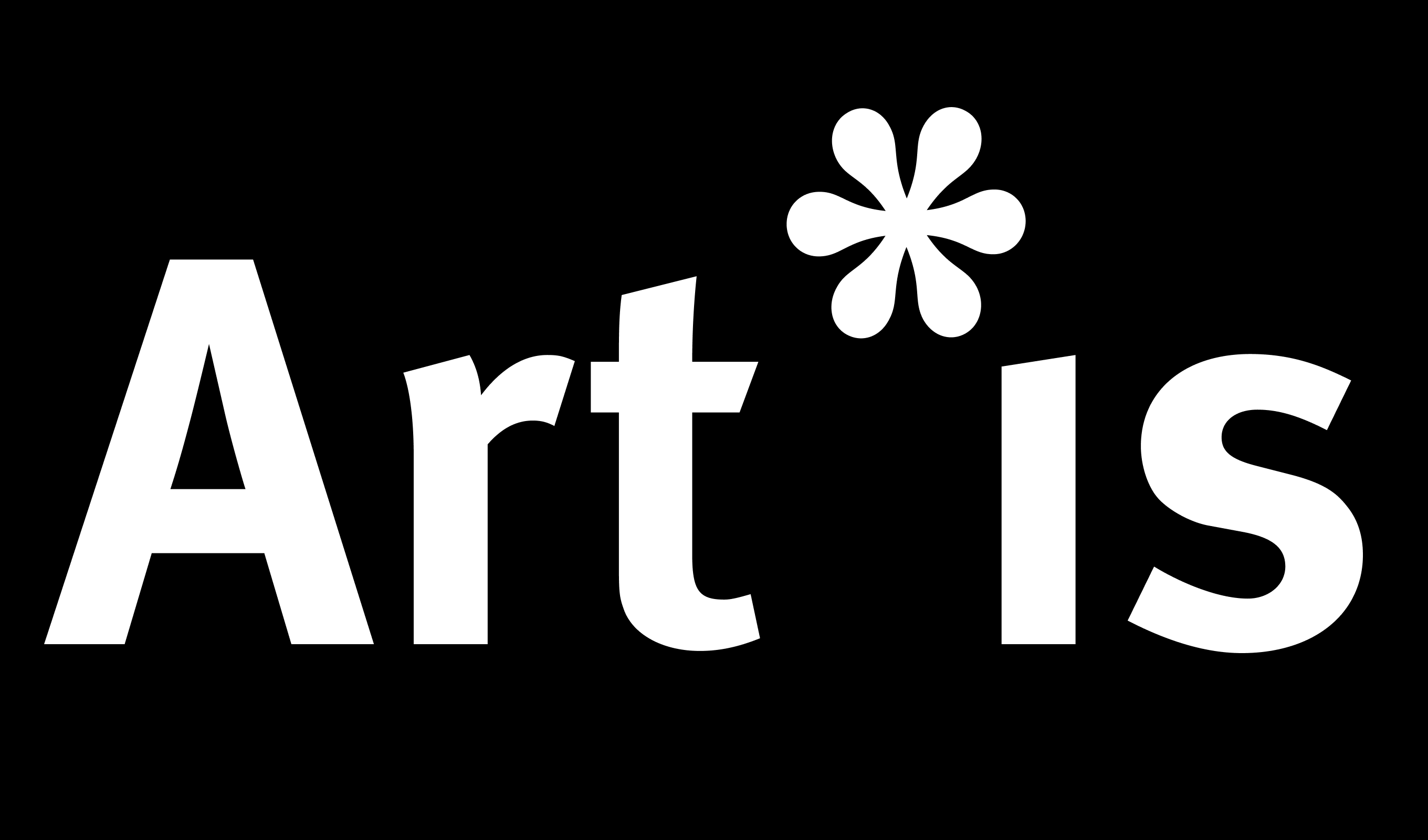written by Anisha Gupta Müller (KHB)
The ARTIS project description aims to research ‘how art impacts societies depending on their dominant ideologies’.2 This excerpt by Anisha Gupta Müller (KHB) hopes to turn the question around: how do dominant ideologies affect research in the first place? From the context of weißensee kunsthochschule, Anisha Gupta Müller writes on the ethical problems that foreground scientific research, specifically considering the framework of ARTIS, which was in turn responding directly to the EU H2020 call context. Through critical race and post-colonial theory, this section has initiated a broader conversation with the partner universities and led to the facilitation of a critical whiteness workshop.
In Decolonising Methodologies, Linda Tuhiwai-Smith opens the last chapter with these words:
‘Research is expected to lead to social transformation. The critical question for indigenous communities is that research has never really demonstrated that it can benefit communities – because the benefits never reach indigenous peoples or are used as a ploy or tactic to coerce indigenous communities into sacrificing their cultural values, leaving their homes, giving up their languages and surrendering control over basic decision making in their own lives’ – Linda Tuhiwai-Smith3
Speaking from a place of both expertise and experience, Tuhiwai-Smith demonstrates how and why ‘research is inextricably linked to European imperialism and colonialism’.4 Research in the sciences, humanities and even the arts, was a key method used to justify subordination and European structures of exploitation.5 Indeed it was through research fields in academia, that white European scholars conceptualised and disseminated ‘scientific’ theories in order to construct Black and People of Colour as an inferior ‘other’.6 In Decolonising Methodologies, Tuhiwai-Smith gives examples of the violence enacted by European ‘scientists’ and ethnographers in the name of ‘research’, and how the trauma of these histories has not been forgotten in indigenous communities.7 This history is more than just remembered though; scientific racism is still very much present in current research communities.
Scientific racism typically aims to find ‘inherent’ or ‘biological difference’ within socially constructed categories (such as race and ethnicity) to justify discrimination.8 The idea of ‘researching’ ‘immigrants’ and asylum seekers as different to ‘mainstream (aka white European) audiences’ (1) can be seen to fall into this ideology.
(1) ’We will specifically test whether the same artworks have a similar impact on individuals from marginalised or disengaged communities’ 9
This comparative test (1), creates the possibility that there is a quantifiable trend of difference between the two groups. It ignores other social factors that impact a groups relationship to art, and the test phase risks to cement this bias. The investigation wants to test the ‘psychological and physiological processes’ that ‘marginalized communities’ have to art, and how they may be similar/dissimilar to ‘mainstream’ audiences.10 This exemplifies how ableism and racism intersect – do ‘immigrants’ and asylum seekers actually think differently to non-immigrants? Is there a ‘typical’ way to respond to an artwork? Can emotions and the interpretation of emotions be objective? In this part of the project, it is also the practical tools and methods we must question. Although ‘advanced digital technology’ may bring in depth or new analysis, much like any technology, it will not have the ability to subjectively or power-critically decipher information. This could encode racial bias and re-create stereotypes through data.
Finally, we must consider the proposal to ‘test’ (which is another word for ‘experiment’) on immigrants and refugees. With the history of colonialism and imperialism embedded in research, this adds a further sinister tone to the project. As Tuhiwai-Smith explains, indigenous researchers have to question the historical bias of the tools they use. It seems even more necessary for European researchers to do so too; we must constantly remind ourselves that no one thinks or works from a place of pure objectivity.
___________________________
1 Linda Tuhiwai Smith, Decolonizing Methodologies: Research and Indigenous Peoples (London, UK: Zed, 2021), 1.
2 ibid, 226.
3 ibid.
4 ibid, 1.
5 ibid.
6 Grada Kilomba, Plantation Memories: Episodes of Everyday Racism (Toronto, Ontario: Between the Lines, 2021), 26.
7 Linda Tuhiwai Smith, Decolonizing Methodologies: Research and Indigenous Peoples (London, UK: Zed, 2021).
8 Alok Vaid Menon, “Alok: The Urgent Need For Compassion | the Man Enough Podcast,” YouTube, July 26, 2021, https://www.youtube.com/watch?v=Tq3C9R8HNUQ. min 46:41
9 Matthew Pelowski et al, “ Art and Research on Transformations of Individuals and Societies,” Art and Research on Transformations of Individuals and Societies, 2021, https://artis.univie.ac.at/, 7.
10 ibid, 2.
Citations:
Smith, Linda Tuhiwai. Decolonizing Methodologies: Research and Indigenous Peoples. London, UK: Zed, 2021.
Kilomba, Grada. Plantation Memories: Episodes of Everyday Racism. Toronto, Ontario: Between the Lines, 2021.
Menon, Alok Vaid. “Alok: The Urgent Need For Compassion | the Man Enough Podcast.” YouTube. Accessed July 26, 2021. https://www.youtube.com/watch? v=Tq3C9R8HNUQ.
